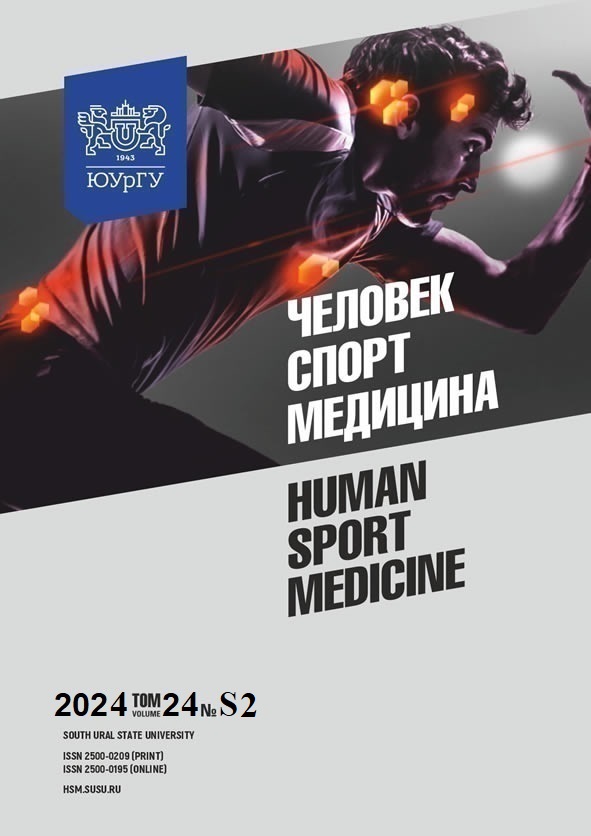EXPLORING THE RELATIONSHIP BETWEEN PSYCHOPHYSIOLOGICAL AND PSYCHOLOGICAL PARAMETERS IN ELITE ATHLETES AS A SOURCE OF COMPETITIVENESS
Abstract
Aim. The paper aims to identify the interplay between psychophysiological characteristics and their impact on athletic performance outcomes, focusing on the individual psychological profiles of athletes. Materials and methods. Advanced equipment-based psychophysiological methods were used to induce stimuli and measure response times and accuracies. These measurements were complemented by periods of rest, monitored using the BOSLAB system developed by COMSIB Ltd., and psychological evaluations designed to uncover personal qualities. Results. Through the application of multivariate discriminant analysis, the participants were assigned to one of four study groups. This segmentation allowed us to accurately discern both the similarities and differences among these groups, particularly in relation to their psychophysiological characteristics (stress reactivity, post-stress recovery) and psychological attributes (emotional responsiveness, neurotic tendencies, introversion-extraversion, and assertiveness). Conclusions. Our findings underscore the relationships between an athlete’s psychological profile and their responses to simulated stress conditions. These insights pave the way for the development of personalized psychophysiological support strategies tailored to enhance the preparation, training, and recovery processes of elite athletes.
References
References on translit
Copyright (c) 2025 Human. Sport. Medicine

This work is licensed under a Creative Commons Attribution-NonCommercial-NoDerivatives 4.0 International License.















